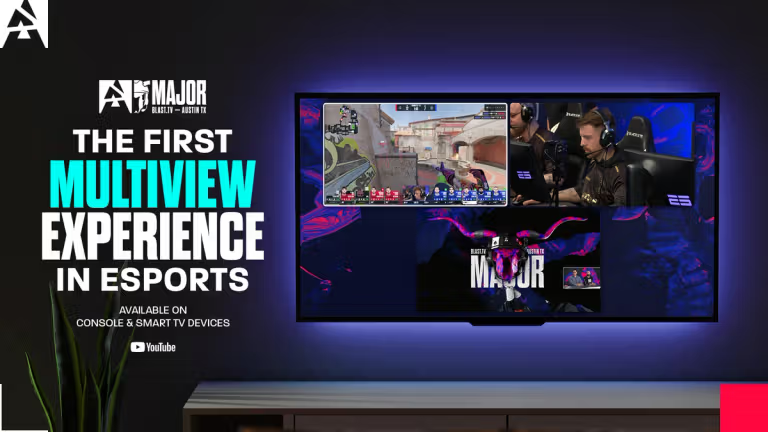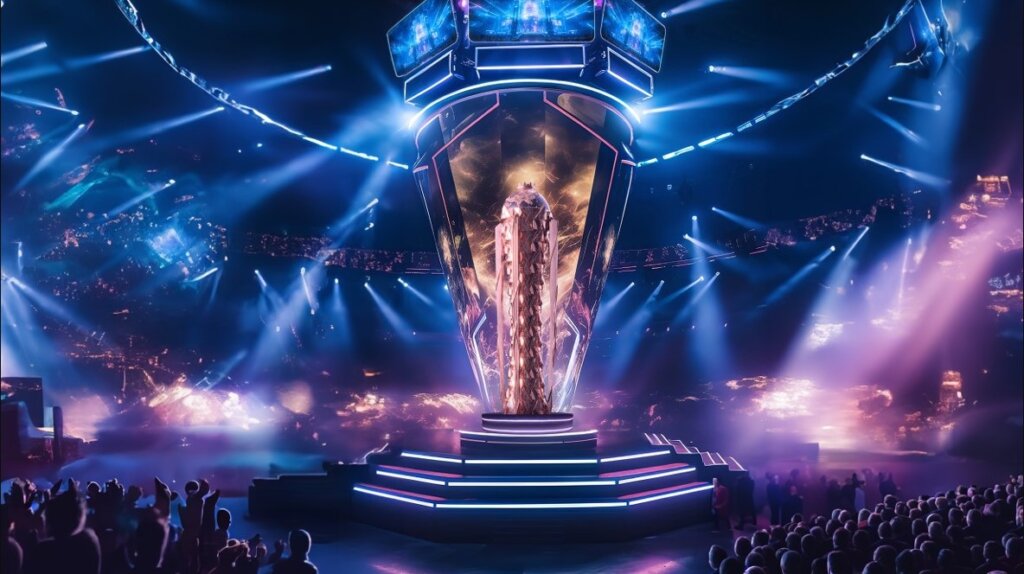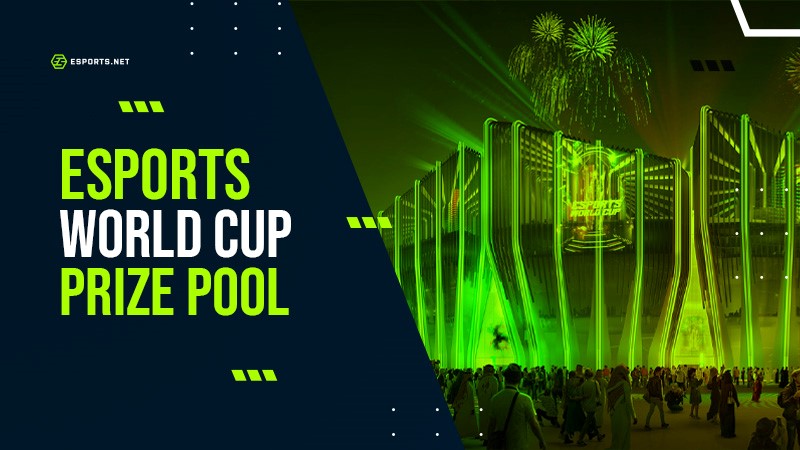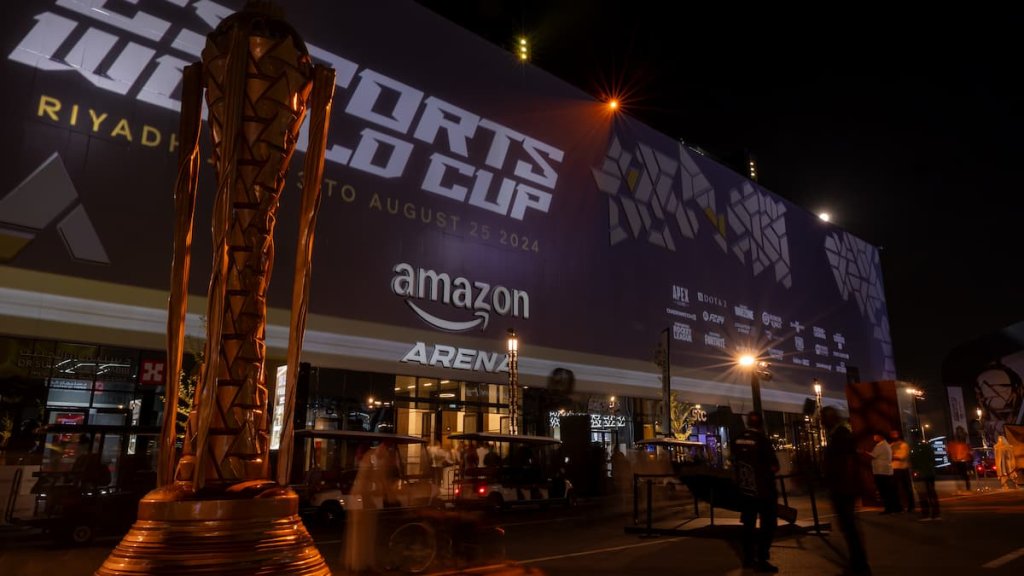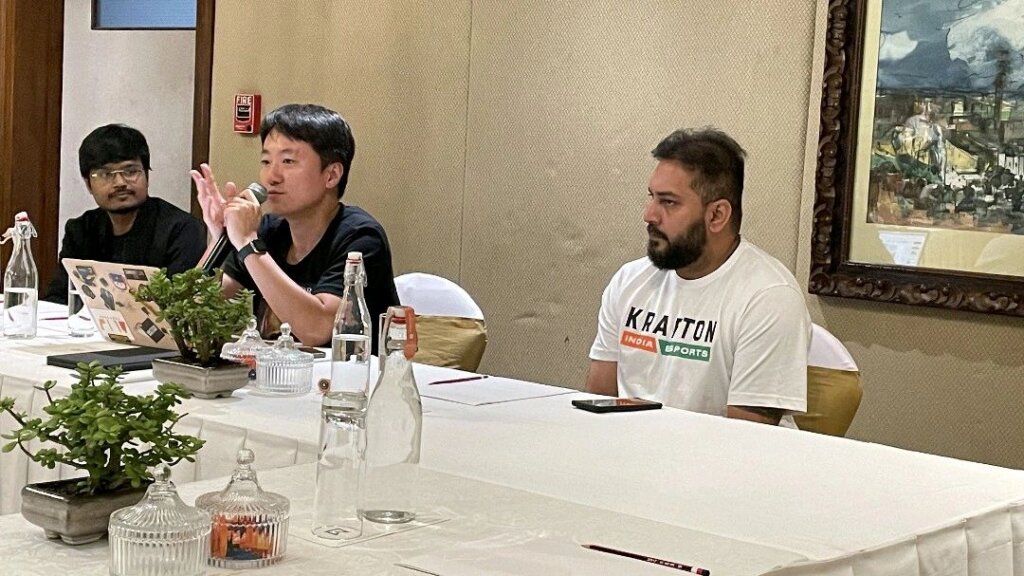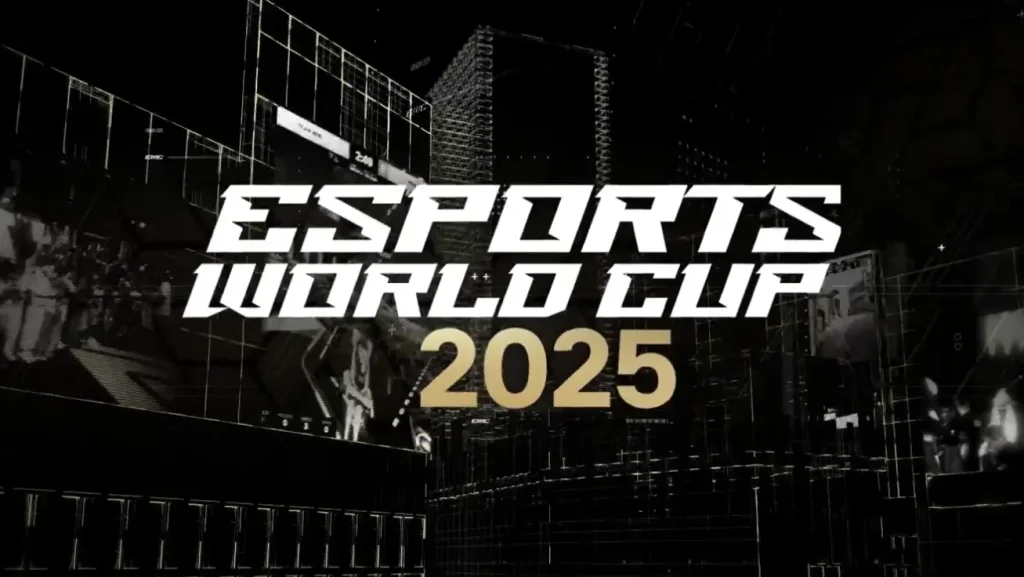
Security at esports events under scrutiny – some say massacre was only a question of time
The tragedy that happened in Jacksonville last weekend is still keeping the world in suspense – with new information about the killer surfacing as well as companies like EA making big gestures, the events from Sunday are still fresh on everyone’s mind.
Reactions were varied – while some news sources were quick to make it about the killer or even the violence that video games supposedly incite, the gaming community was quick to stand together and express their sympathies for the dead players and injured participants. A community so often split over minor issues showed a remarkable generosity and closeness in the wake of this event – companies like OpTic Gaming and EA went even further and offered the families of those affected quite a lot of money – EA is rumoured to be offering $1 million to the families, while OpTic is hosting a charity stream this Friday.
Now that the immediate shock has passed, more and more people are speaking out about this event and those like it, especially in regards to security. While bigger esports events in sports venues like NBA or NHL arenas profit from the security measures already in place there, smaller events in independent locations like the bar on Sunday don’t have this.
In fact their security measures are often all but non-existent, and there are no regulations from game publishers that sponsor these events either. Little if any oversight combined with no formal rules on the matter have left a remarkable security gap, many parties are now concerned.
While companies are now taking immediate steps, such as EA cancelling further Madden qualifiers and immediately reviewing safety protocols for spectators as well as competitors, establishing a consistent level of security for all gaming events is going to be difficult.
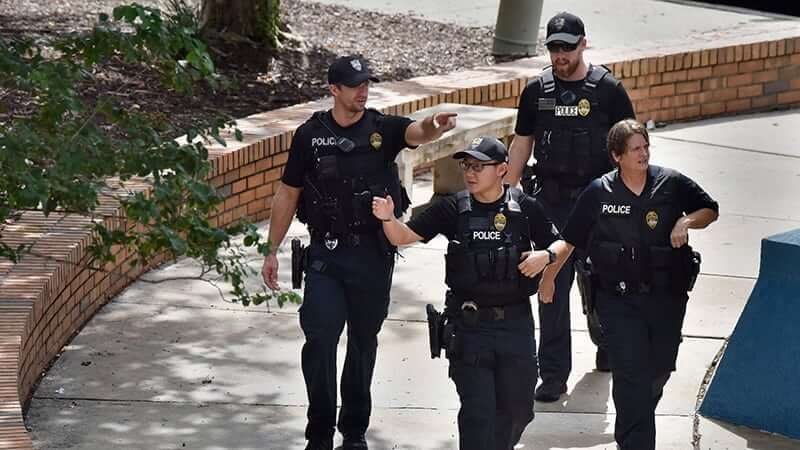
© Time.com
League of Legends events have taken place at LA’s Staples Center, New York’s Madison Square Garden and even Beijing’s Olympic stadium, last Sunday’s event was held in a bar inside a mall. Enforcing the same level of security for both events is just not plausible.
This leaves esports in security-limbo – while larger events often have the kind of security measures we are used to seeing from sports matches, including plenty of security guards, bag searches, even metal detectors, smaller events don’t and can’t have these features.
This leaves them far more vulnerable than other types of events, and some sources have even said that because of these low security measures, esports events have been targets for some time now. Shawn Pellerin, Head of Operations for Spacestation Gaming, which operates esports teams in several leagues, even wrote: “It was only a matter of time before it happened at an Esports event.” He is also not the only one to express sentiments like these. Damian Steele, a CS:GO pro playing for NRG Esports tweeted: “A lot of events I’ve been to have had gaps in security where something like this could occur.”
Jason Lake, CEO of compLexity Gaming also tweeted: “It’s time esports events (large and small) double down on security for everyone in general and players specifically.” One of his players was injured in the Sunday attack, however only lightly.
In addition to threats like this one, esports events have suffered from other issues – among others, there have been incidents of fans accessing private areas or getting too close to players. In a particularly unique incident, LoL player Eugene Park requested that fans ‘stop twisting our nipples’ when he and his teammates would say hello to fans after matches. Seriousness of the security issue aside, that is not a demand a grown adult should have to make of other adults…
